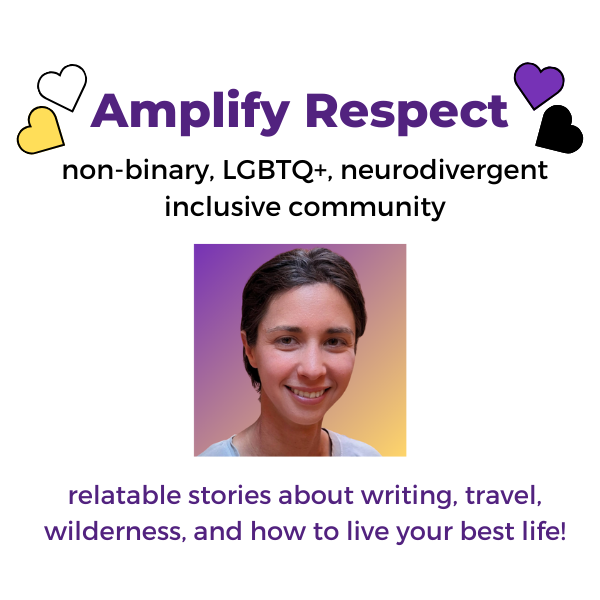Sigh. No, not everyone is a little bit nonbinary, or a little bit bisexual, or a little bit autistic. These labels either fit who you are and are helpful to describe you and your actions, or, they don’t fit you. It’s not like people are walking around like The Sims with a little “5% percent bisexual” hovering over their heads.
Hi, I’m Rey, a nonbinary writer! Please subscribe for more stories and resources:
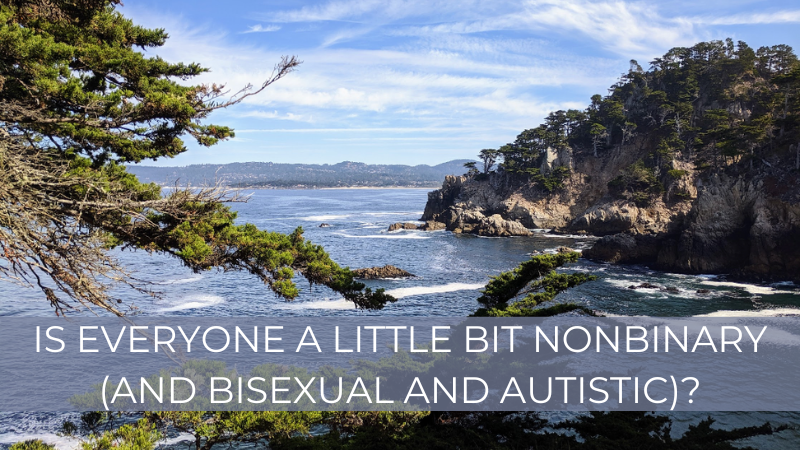
Sometimes a person saying, “isn’t everyone a little bit…?” is a closeted nonbinary person or bisexual or undiagnosed autistic person. They relate to the experience you share and assume everyone feels that way. People tend to cluster in similar friend groups or communities so if you hang out with a bunch of nonbinary people, for example, you may be more likely to assume everyone is nonbinary. But being nonbinary is not a universal human experience.
The more pernicious argument comes from someone who does not want you to use labels for your identity that differ from the norm. “Gender is on a spectrum, and everyone is somewhere on that spectrum, so why do you need to call yourself nonbinary? Everyone is nonbinary, but not everyone talks about it.”
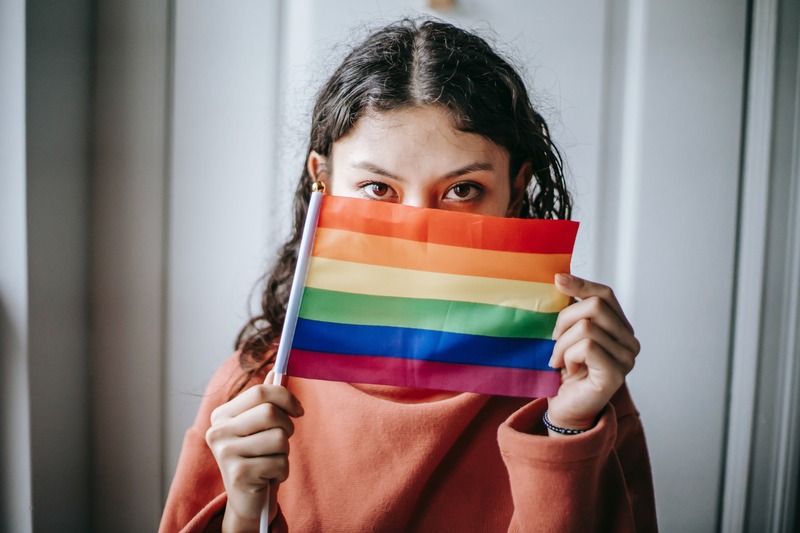
By saying your label fits everyone, they are trying to remove all meaning from the label so you stop using it. Usually, calling yourself a “woman” or “man” or “straight” is no problem. It’s only labels that differ from our cishet colonial culture that these people object to.
The most perplexing conversation I’ve had about labels went something like this:
They said, “I believe everyone is bisexual. We would all be bisexual if not for cultural norms.”
I asked, “Are you bisexual, then?”
They replied, “No, definitely not. I’m straight.”
Wait a minute. How can someone say everyone is bisexual, then say they are straight?! I couldn’t even process it at the time, but I think it was an attempt to remove all meaning from the word “bisexual.” If the word is sufficiently irrelevant, no one would label themselves as such.
“Why do we need labels? We’re all just human beings.”
Sure. And if we’re just human beings not using labels, it’s much easier for people to assume we are straight, cisgender, and neurotypical, because of the society we live in. It may be more comfortable for other people if they can read me as a woman and not have to hear me share a label of “nonbinary,” but navigating the world is more comfortable for me if I can share a label more accurately describing myself.
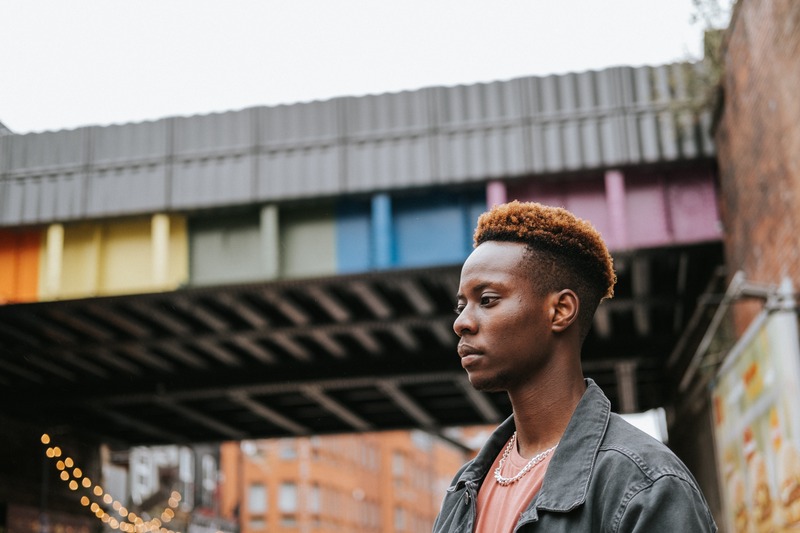
Here’s how labels help me (while making cis people uncomfortable). It’s hard to use visual cues or other indicators that I’m nonbinary. Hairstyle, clothing, mannerisms — it doesn’t matter that much what I do. The only reliable way to share with others that I’m nonbinary is to communicate using verbal or written labels like “nonbinary” or “not a woman.”
If I walk into a room (let’s say for an aikido class with people I don’t know well), 99% of the people there are going to assume I’m a woman based on my appearance. With my body type and current hormones, I can’t do that much to my appearance to make myself “pass” as a man (even if I wanted to). People say stuff to me like, “great to practice with the girls!” and “how’s my favorite lady doing today?” They are (incorrectly) labeling me, as “girl,” “lady,” or “woman.” People who don’t like labels are usually fine with or don’t notice these labels like “woman” that fit within social norms.
My favorite response to friendly comments containing incorrect labels is something like, “not a girl, but thanks.” This is inspired by my favorite character Janet on the TV show The Good Place.
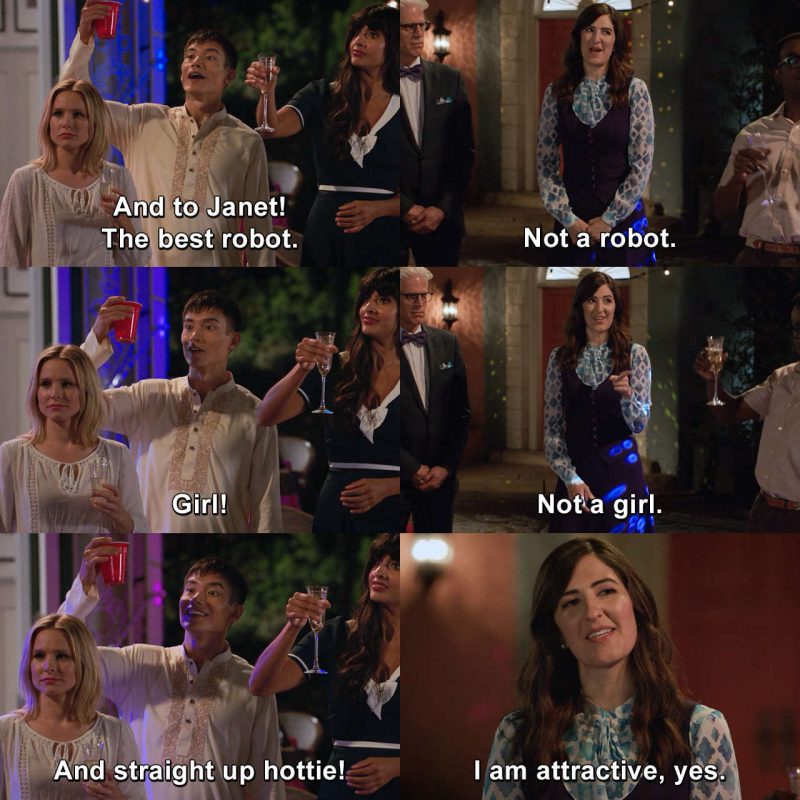
Labels are only useful if they apply to a subset of the population, not everyone. Except for platitudes like “we’re all human” we don’t often talk about traits that apply to everyone. One label that people love to tear down is “autistic.” “Everyone’s a little autistic,” is a way of saying, “I’m uncomfortable because I have one single trait that can be associated with being autistic, but I don’t want to be labeled based on that.” Most (if not all) autistic people do not believe everyone is (a little bit) autistic. Autism consists of a set of specific differences between autistic people and non-autistic (allistic) people. Different people may have different traits, disabilities, or methods of expression, but whether you are autistic or not is a yes or no, not something in between.
If you have a single trait in common with autistic people, that doesn’t mean you are autistic. It also doesn’t mean you’re at the beginning of a spectrum.
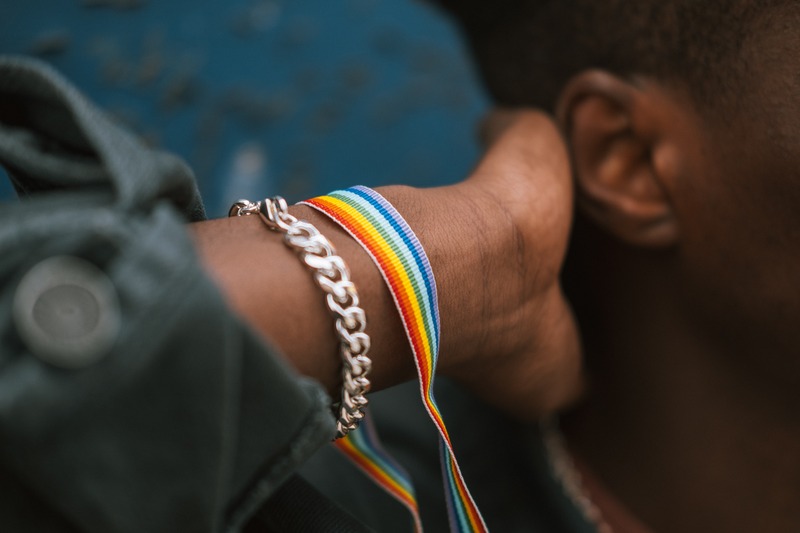
It can feel disrespectful and invalidating to hear “everyone’s a little bit…” especially from medical professionals, family members, or employers. From a doctor, this means, I won’t treat your condition. From a family member, it means, I won’t take your identity or diagnosis seriously. From an employer, it means, I won’t support your identity or provide accommodations.
Labels are useful words to let our community know who we are and how to refer to us. If you find labels helpful, please use them!
To learn more about “queer” as a label and how you can define yourself by your actions, I recommend the fascinating illustrated book, Queer: A Graphic History by Dr. Meg-John Barker.
To learn more about autistic traits in adults, including trans and nonbinary perspectives, I highly recommend reading Unmasking Autism by Dr. Devon Price. This book is so relatable and interesting and may help you understand your community members, your family, and yourself.
